For Hospitals
Dietz NCDs Telemedicine Helping Hospitals Better Care for Patients with Chronic Illnesses

Improve care and treatment for the patient, reduce the workload of healthcare personnels
Helping hospitals take better care of patients because they can follow up on their symptoms even the patients stay at home. Innovative home care services provide new revenue streams for hospitals. Reduce the workload of personnel by connecting to the Hospital Information System. No need to record redundant data. Supports both B2C and B2B business models for government hospitals, reducing management costs.
In the case of chronic disease patients, the patients necessary to control their health conditions such as blood pressure, blood sugar levels, and body weight to be in normal conditions. Moreover, diet and proper nutrition, such as the number of carbohydrates, protein, fat, sodium, potassium, and daily energy intake, are essential to reduce complications, risk of life-threatening chronic diseases, and improve the quality of life. Unfortunately, however, most patients are still unable to control the disease well. It was due to the lack of ongoing health monitoring and counseling after the patient returned from the hospital. As a result, there are doubts about behaving at home, suitable diet, medications, and exercise.
Most hospitals’ health teams take care of chronic diseases patients by using their private channels, such as Line and Group Line. First, the patients have to submit their health check-up results to the nurse; then, they will transfer the information to the doctor. However, this system is a non-professional method that affects personal contact channels, no security and privacy, increasing the risk of communication errors and data breaches. Moreover, the information is not systematically stored; therefore, it is difficult to process and analyze.
Dietz NCDs Telemedicine is a telemedicine platform for hospitals and healthcare facilities. It provides follow-up and caring for patients with chronic diseases or non-communicable diseases (NCD) to improve their quality of life. The platform allows healthcare teams to communicate with patients continuously via Dietz’s chat or video calls. Patients can easily submit their health check-up results into the system, even staying at home. The results of health check-ups, the symptoms inform, and diet are collected systematically. The platform will analyze the data and create the trend of patients’ health automatically as graphs. The data information also generated links to the hospital with secure, private, and does not increase personnel workload.
Healthcare professionals or multidisciplinary teams such as doctors, nurses, pharmacists, dietitians, physical therapists can monitor the patient’s symptoms, and health check-up results at home. For example, patients can check-up the glucose levels using finger-stick test strips (self-monitoring of blood glucose, SMBG), blood pressure monitoring (Home Blood Pressure Monitoring; HBPM), and can be recorded into the Dietz’s system by themselves. Moreover, all symptoms, the dosages of insulin injection, and other health check-ups related can be recorded into the system. The data will automatically send to the health team via Dietz’s platform. The healthcare professionals can check and consult to provide the best health monitoring for the patients and take action on time if needed.
If patients have questions, the questions can be sent to the health team via chat at any time. The health team can advise patients on ongoing self-care via chat or scheduled video calls as suitable without increasing the workload. Dietz’s platform will immediately notify the patient via SMS even if the patient is not online.
Healthcare teams can assess the patients’ health data connected to the hospital systems (e.g. HosXP / SSB / HomC / Centrix / Abstract, etc.). They can check the health examination graphs, such as Glucose levels, HbA1C, types of lipid levels, liver function, kidney function, etc. The platform is designed to link the data across hospitals, such as between hospitals in the same hospital chain, central hospital to a community hospital, or sub-district health promotion hospital in remote areas.
Dietz is designed with intensively concerned about personal and organizational privacy information security. The system provides encrypted data, security in Protocol SSL, Cloud, Amazon Web Service (AWS) with certified security standards. The patient must agree to use it before accessing the service in terms of personal data protection.
In addition, the system also supports the disbursement of private health insurance, self-payment, or other state welfare related, such as the National Health Security Scheme (Thailand) and Civil Servant Scheme (Thailand).
Featured function
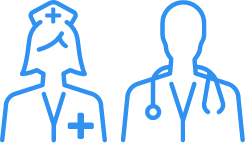
The healthcare professional team allows continuously communicating with patients via diet chat or video call.
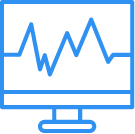
Graph of health check-up results from home and hospital
Healthcare teams can assess the patients’ health data, such as Glucose levels, HbA1C, types of lipid levels, liver function, kidney function, etc., which is connected to the hospital systems.The platform is designed to link the data across hospitals, such as between hospitals in the same hospital chain, central hospital to a community hospital, or sub-district health promotion hospital in remote areas.
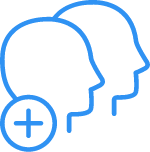
Take care with a healthcare team and diseases-campaigns provided. In addition, healthcare professionals can check patients’ health records.
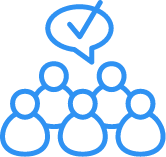
Summary of patient care individual or group
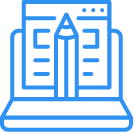
It is easy for patients to record information on their own, even an elderly.
Case study

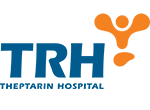
Caring diabetic patients with a multidisciplinary team
Theptarin Hospital (Bangkok, Thailand) is a private hospital to establish diabetes and thyroid center, the first in Thailand. Theptarin Hospital is a leader in prevention and treatment in diabetes care with experience of more than 30 years. The hospital is recognized in the standard of treatment and academics at the national and international levels. The multidisciplinary team of Theptarin Hospital, especially a collaboration of dietitians and diabetes educators, uses Dietz’s platform in various diabetes care campaigns on diabetes care to patients.
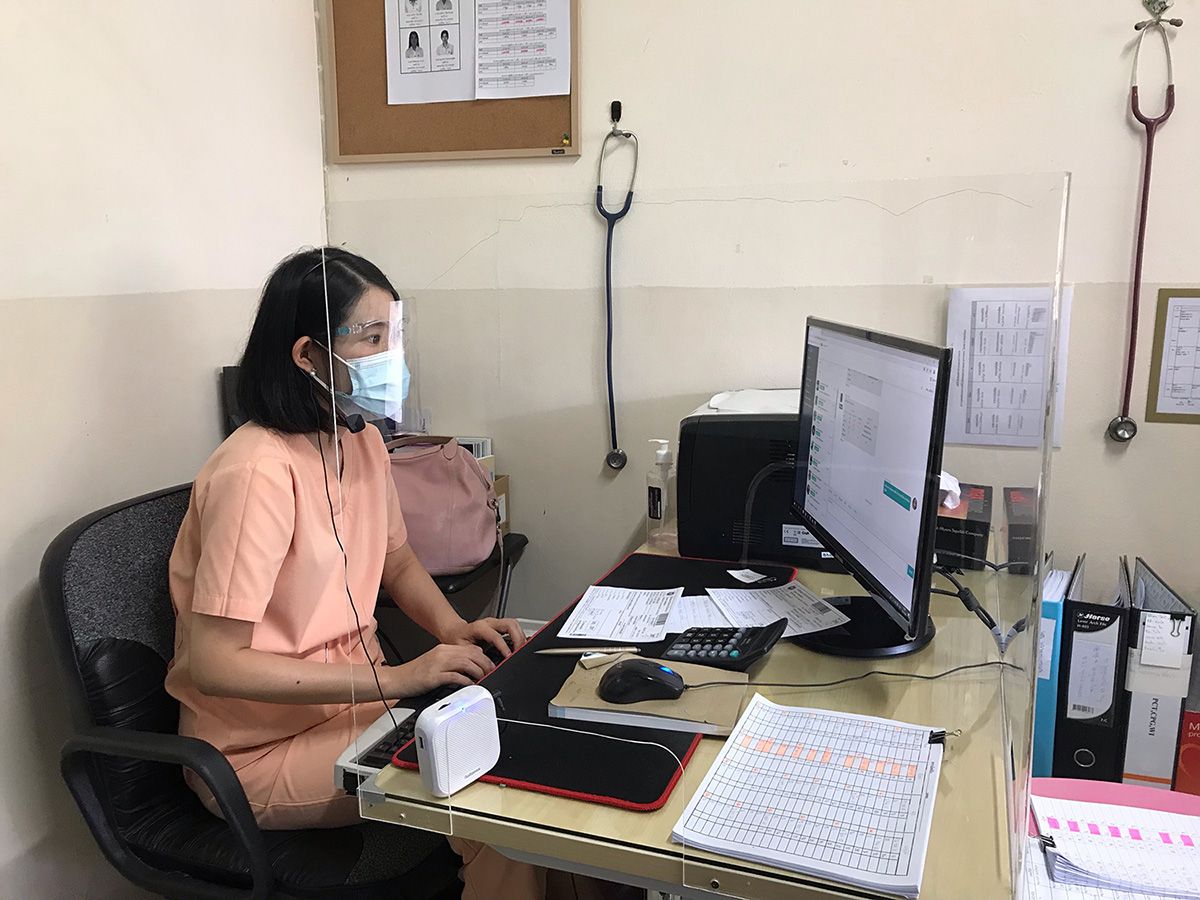
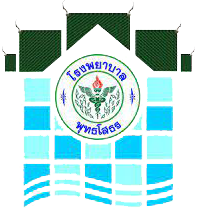
Caring diabetic patients during pregnancy
Buddhasothon Hospital (Chachoengsao, Thailand) is a Chachoengsao Province’s government hospital located in the eastern part of Thailand. Currently, it contains 585 beds.
The International Diabetes Federation (IDF) estimates 20.9 million women or 16.2% of pregnant women with hyperglycemia (2015 AD), including 85.1% diagnosed with gestational diabetes and 7.4% diagnosed during pregnancy as other types of diabetes.
Patients with gestational diabetes need to visit their doctor almost weekly to monitor their blood sugar levels regularly and acquire knowledge of self-care controlling such as the amount of carbohydrates intake in accordance with blood sugar levels and insulin injections dosage are given. During the Covid-19 pandemic, traveling to the hospital puts people at risk of being in contact with germs or being infected with COVID, increased cost, and time consumed. Therefore, Buddhasothon Hospital decided to use Dietz’s Telemedicine to care for gestational diabetes patients (and type 1 or type 2 diabetes that requires insulin injections). Before the patients enrolled in the services, they were assessed for the readiness to use and were followed up through the Dietz telemedicine system. The patients have to record their blood sugar levels, the amount of insulin injected, food intake, and the number of carbohydrates eaten via the diet system before the scheduled appointment, generally weekly (in this case, every Monday). When it’s due, the doctor checks the submitted data and interprets the system analyzed and provided. Then, the doctor can provide suitable treatment and conveniently advise on the chat system without the patient traveling to the hospital. In addition, the nurse can also notify about the patient’s behavior promptly. Dietitians can provide dietary and nutritional advice related. Pharmacists can also advise patients about medication.
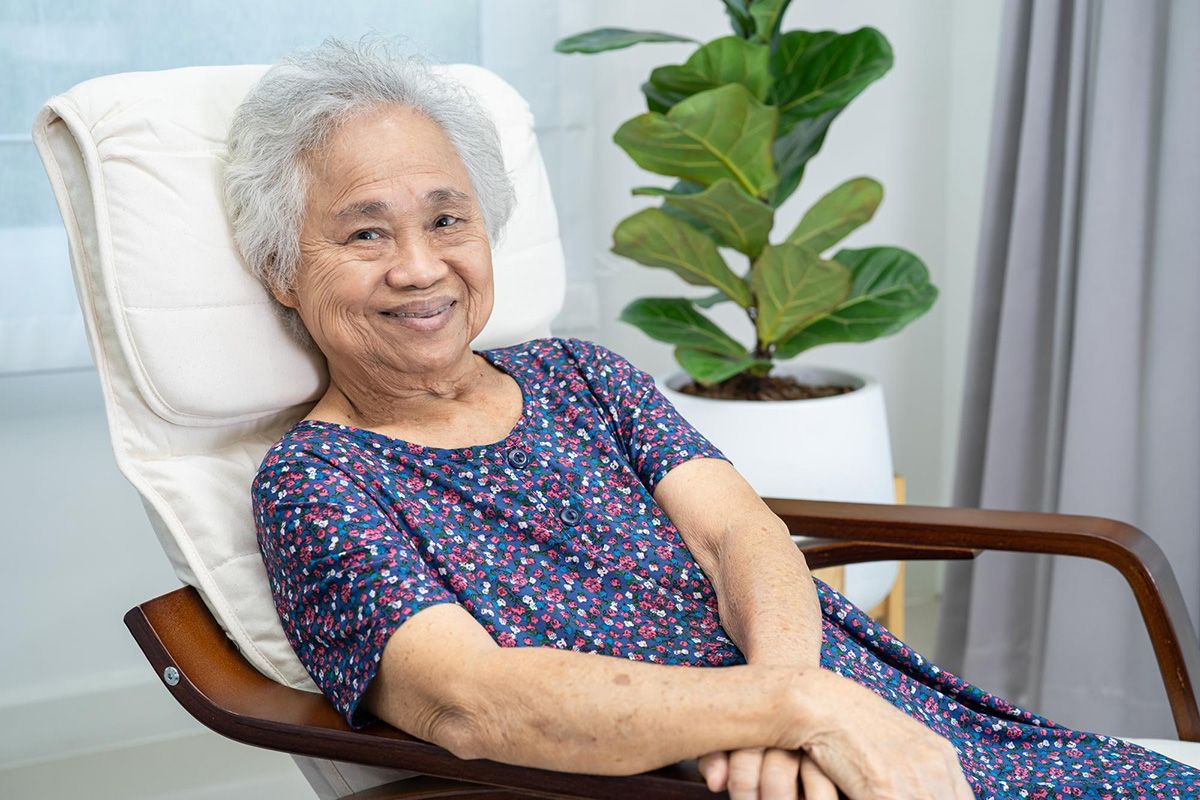
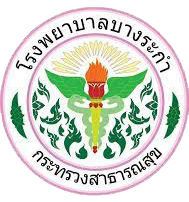
Caring elderly diabetes patients in remote areas
Bang Rakam Hospital (Phitsanulok, Thailand) is a 30-bed government hospital located in the northern part of Thailand. Bang Rakam Hospital is one of the model community hospitals for diabetes care. Dietz Telemedicine has been used in the care of elderly diabetic patients in the hospital and in collaboration with the network of sub-district health-promoting hospitals in the area. The patients can send the blood glucose levels into the system, then chat and video call with the healthcare team to follow up without traveling to the hospital. Most of the diabetic patients are the elderly. Can send blood glucose data into the system. Patients can effectively control blood sugar levels up to 80%, helping hospitals reduce medication and patient care costs.
Examples of hospitals use Dietz’s system
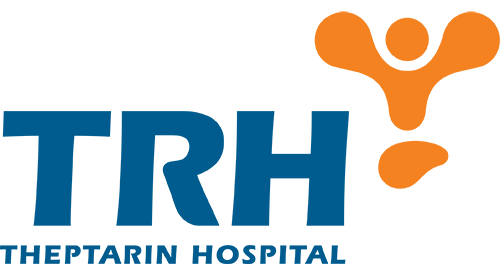
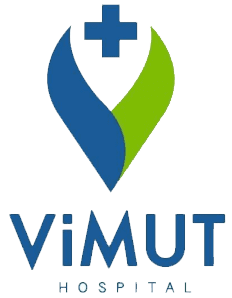


Operating costs
The hospital will have two parts of the expenses, including the installation fee and the cost per patient per month. Depending on the complexity of connecting hospital information to Dietz, installation and training costs start at $10,000, and prices per patient per month start at $6.
Public hospitals can apply for allowance fees for installation costs and training on system operation by signing an MOU between the hospital and Dietz. Moreover, the MOU hospital will receive a special discount for the price of a patient per month.
Free trial, please contact: sale@dietz.asia
 Eng
Eng
 ไทย
ไทย  seolounge
seolounge